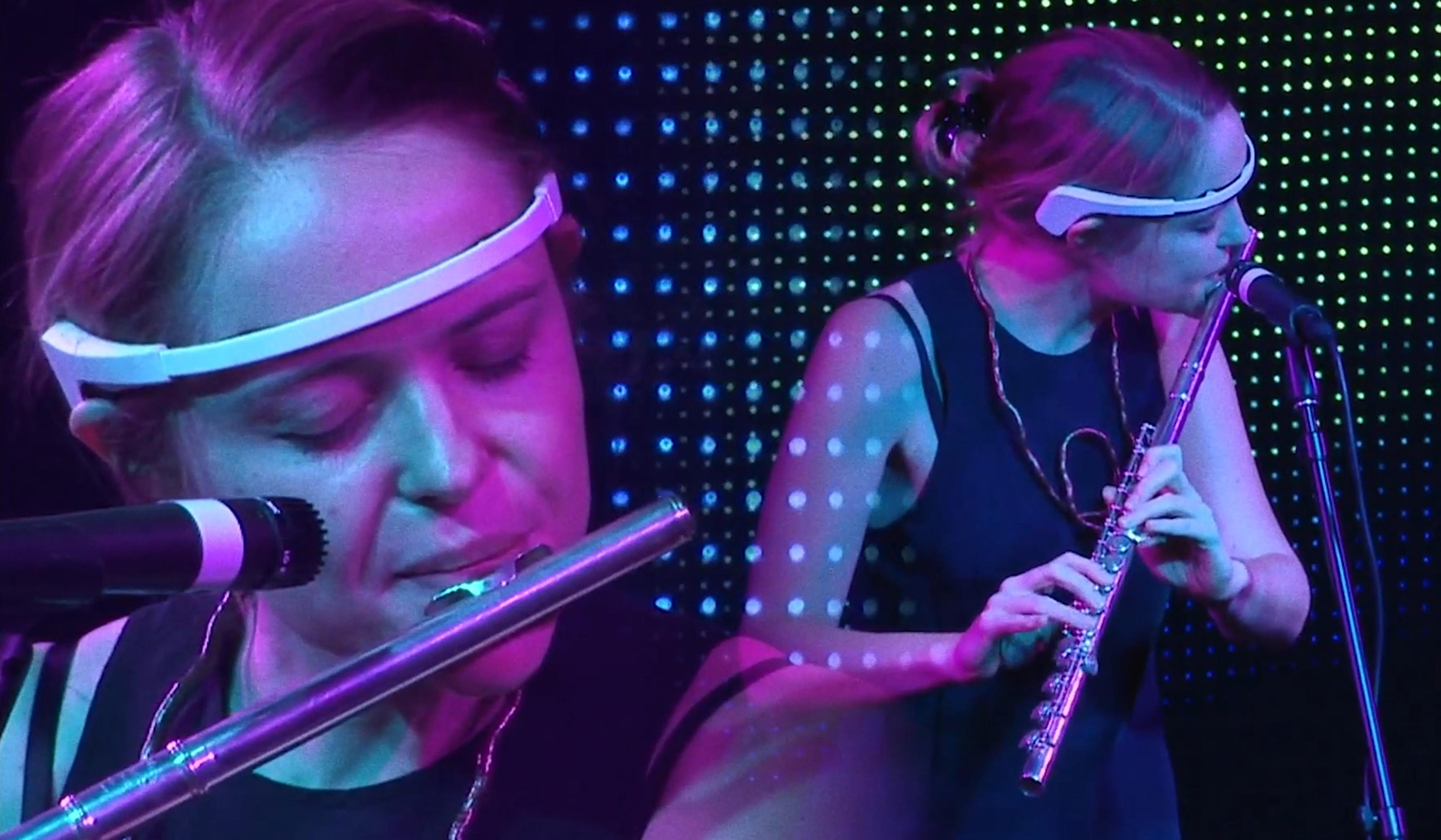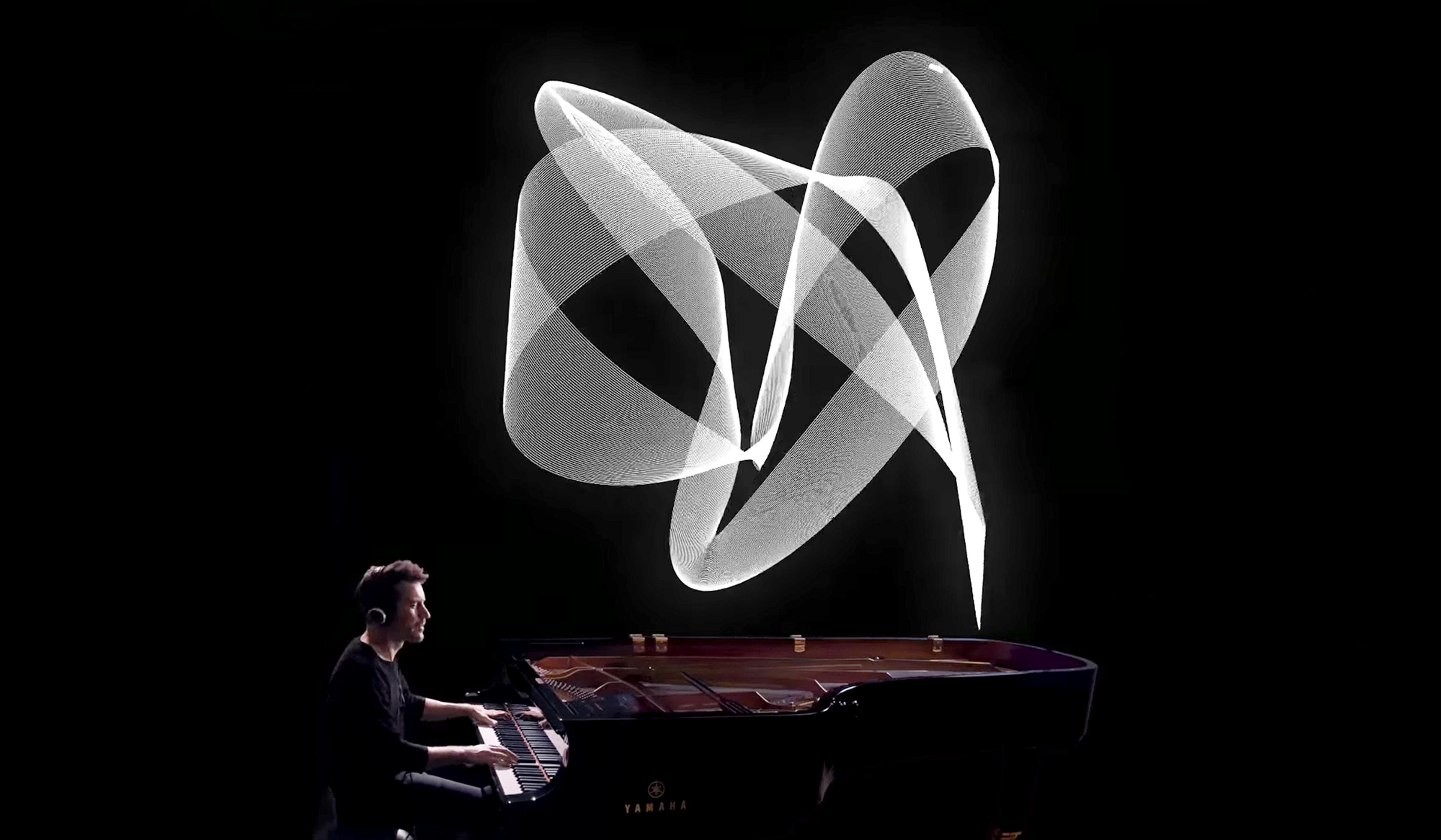‘Activating Memory’ is a composition for a string quartet with each of the instruments’ parts generated through a Brain-Computer Music Interfacing (BCMI) program. This program directly accesses the brain via electroencephalogram (EEG) technology, allowing four severely motor-impaired people to create the musical piece in real-time by choosing between four different musical phrases. This unique project was spearheaded by the Interdisciplinary Centre for Computer Music Research (ICCMR) at Plymouth University led by the composer Eduardo Reck Miranda. Heartwarming and fascinating in equal measure, Paramusical Ensemble captures the first public performance of ‘Activating Memory’ at the Royal Hospital for Neuro-disability in London, and explores how emerging brain-computer interface technologies could help those who are unable to walk, move or speak to reconnect and communicate with others, including through creative expression.
Music of the mind: a stunning string quartet created through brainwaves
11 October 2016

videoBiology
See and hear the human brain as you’ve never experienced it before
2 minutes

videoMusic
Can biofeedback help to unlock the mysteries of music’s therapeutic effects?
6 minutes

videoMusic
The peculiar beauty of a song caught between composition and improvisation
3 minutes

videoConsciousness and altered states
What happens when you start paying close attention to everyday sensory experience?
6 minutes

videoNeuroscience
What will we do when neuroimaging allows us to reconstruct dreams and memories?
4 minutes

videoTechnology and the self
A haunting scene from ‘Minority Report’ inspires a voyage into time and memory
7 minutes


